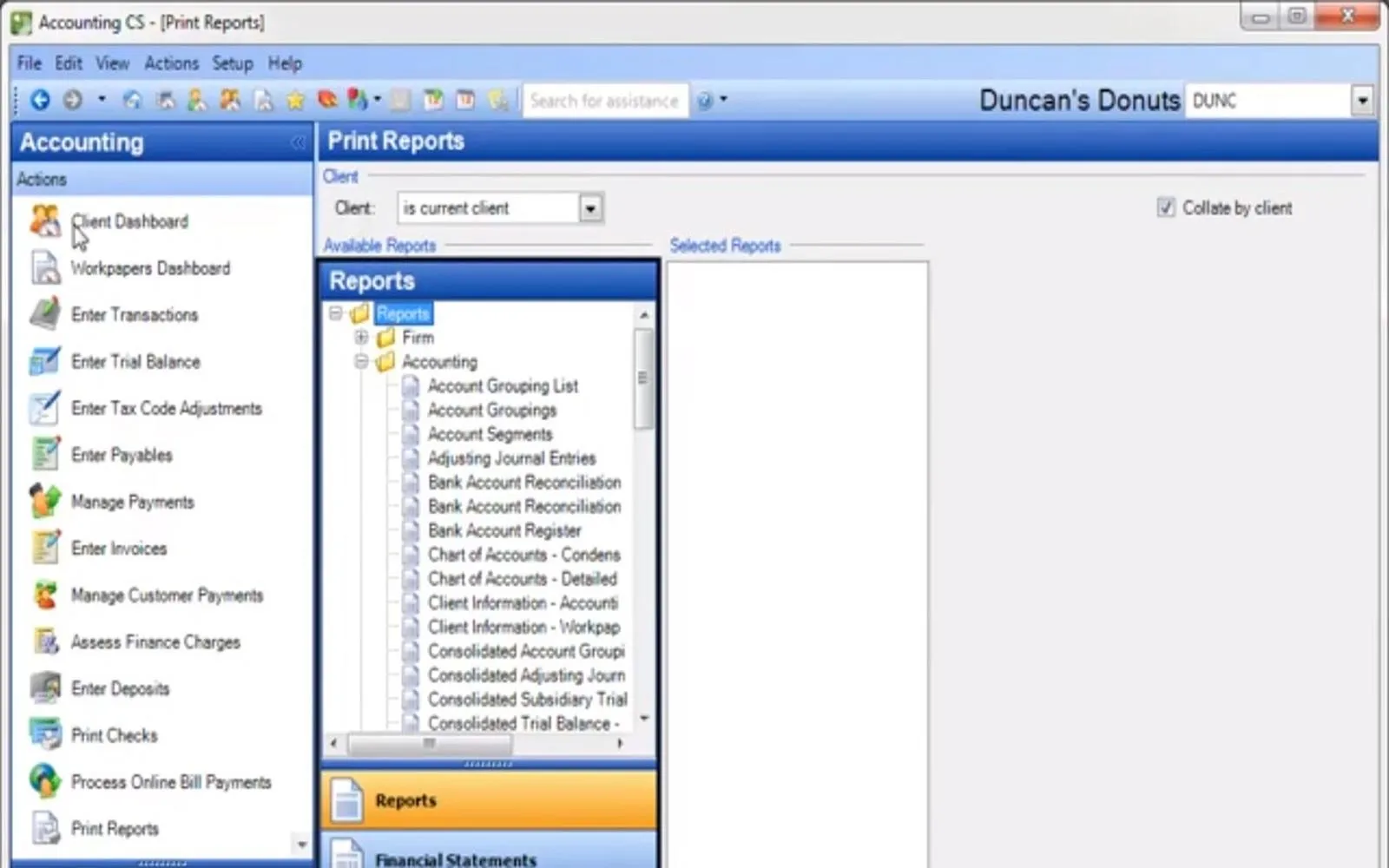A Complete Guide to Payroll Software for Modern Businesses
Payroll software is a digital solution that automates and manages employee payment processes. It calculates wages, withholds taxes, distributes paychecks, and ensures compliance with labor laws—all from a centralized system. Whether you run a small business or a large enterprise, payroll software saves time, reduces errors, and simplifies complex payroll tasks.
Why Use Payroll Software?
Manually processing payroll is time-consuming and prone to human error. Payroll software simplifies this by automating:
- Employee wage calculations
- Tax withholdings and deductions
- Direct deposit and payment processing
- Benefits tracking and reporting
- Tax filing and compliance reporting
Key Features of Payroll Software
✅ Automated Payroll Processing
Calculates gross pay, taxes, and deductions, then issues payment via direct deposit or printed checks.
✅ Tax Filing and Compliance
Automatically calculates and files federal, state, and local payroll taxes. Keeps up with changing tax laws.
✅ Employee Self-Service Portals
Employees can view pay stubs, W-2s, tax forms, and update personal information online.
✅ Time and Attendance Integration
Syncs with time-tracking tools to calculate hours worked, overtime, and PTO.
✅ Benefits Management
Handles deductions for health insurance, retirement plans, and other employee benefits.
✅ Reporting and Analytics
Generates reports on payroll summaries, tax liabilities, and employee compensation.
✅ Multi-State and Global Support
Supports businesses operating across multiple states or countries, with appropriate tax calculations.
Benefits of Using Payroll Software
- 🕒 Time-Saving: Reduces manual data entry and repetitive tasks.
- ✅ Accuracy: Minimizes errors in calculations and tax filings.
- 📄 Compliance: Keeps your business compliant with government regulations.
- 📊 Transparency: Offers clear reports and records for audits or reviews.
- 💸 Cost-Effective: Reduces the need for large HR or accounting teams.
- 📱 Remote Access: Many cloud-based solutions are accessible from anywhere.
Types of Payroll Software
1. Cloud-Based Payroll Software
Hosted online with real-time updates and access from any device. Popular with small to mid-sized businesses.
2. On-Premise Payroll Software
Installed on company servers. Offers more control but requires IT maintenance.
3. Integrated HR and Payroll Systems
Combines payroll with broader HR functions like recruiting, onboarding, and performance management.
Popular Payroll Software Providers
| Provider | Best For | Key Features |
|---|---|---|
| Gusto | Small to mid-sized teams | Easy setup, benefits, full-service payroll |
| ADP | Large enterprises | Scalable solutions, robust compliance tools |
| Paychex | Growing businesses | HR services, mobile access, tax support |
| QuickBooks Payroll | QuickBooks users | Seamless accounting integration |
| Rippling | Tech-savvy teams | Workflow automation, global payroll support |
How to Choose the Right Payroll Software
- Assess Your Business Size and Needs Do you need basic payroll functions or advanced features like multi-state support and benefits tracking?
- Check for Compliance Support Make sure the software is updated with the latest federal and state tax laws.
- Compare Features and Pricing Look at monthly fees, included features, and any hidden costs (like tax filing or direct deposit fees).
- Ease of Use Choose a platform with an intuitive dashboard and good user experience.
- Scalability Ensure the system can grow with your team and support additional locations or contractors.
- Customer Support Reliable support is essential when dealing with time-sensitive payroll issues.
Setting Up Payroll Software
- Input Employee Information: Name, address, tax details, salary/hourly rate, payment method.
- Integrate Time Tracking (if needed): Automatically import work hours.
- Configure Deductions: Benefits, taxes, and retirement plans.
- Run Payroll: Approve and process payment with a click.
- File Taxes: Let the software handle filings, or manually review before submission.
Conclusion: Payroll Software Is a Smart Investment
Payroll software simplifies and secures one of the most critical aspects of business operations. By automating calculations, filings, and payments, it reduces errors, ensures compliance, and frees up time for more strategic tasks. Whether you're paying two employees or two thousand, a reliable payroll system keeps your business running smoothly and your team happy.
Frequently Asked Questions (FAQs)
Q1: Is payroll software suitable for small businesses?
A: Yes—many solutions like Gusto and QuickBooks Payroll are designed for small teams and startups.
Q2: Can payroll software handle contractors and freelancers?
A: Most platforms allow you to pay 1099 contractors and generate end-of-year tax forms.
Q3: Do I still need an accountant?
A: Payroll software handles most tasks, but an accountant can help with broader tax planning and financial strategy.
Explore

A Complete Guide to Home Renovation for a Modern and Functional Space

The Complete Guide to Accounting Software for Small and Large Businesses
Senior Living Apartments: A Modern Approach to Aging Gracefully

The Complete Guide to Carpet Cleaning Services for a Healthier Home

A Complete Guide to Physical Therapy for Pain Relief and Mobility Recovery

Empower Your Career with a Flexible Online Software Engineering Degree

Best Weight Loss Programs: Your Guide to Achieving Your Fitness Goals

The Ultimate Guide to Professional Lawn Service for a Beautiful Yard
